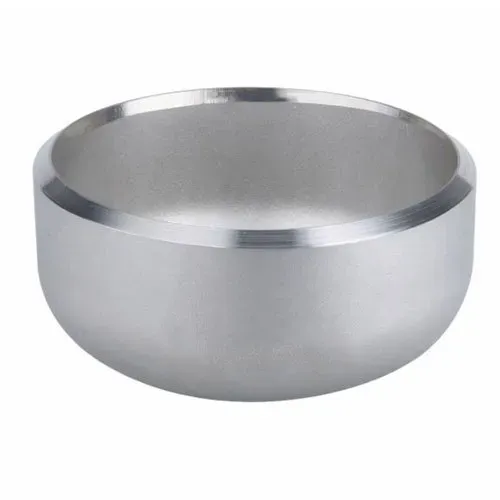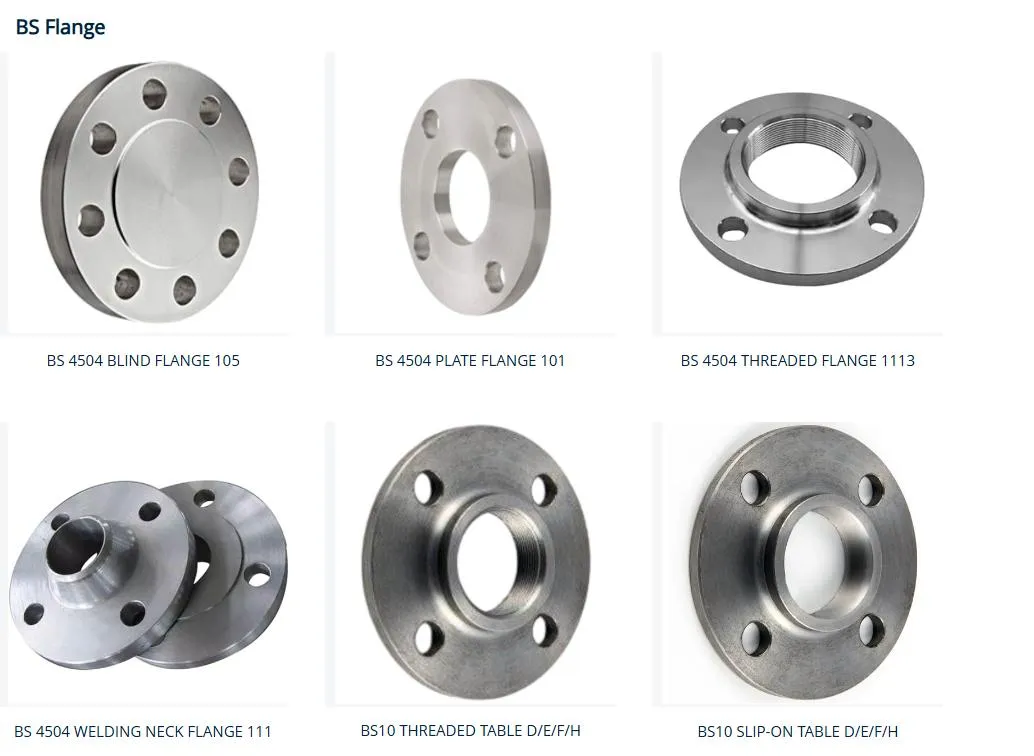-
Cangzhou Yulong Steel Co., Ltd.
-
Phone:
+86 13303177267 -
Email:
admin@ylsteelfittings.com
- English
- Arabic
- Italian
- Spanish
- Portuguese
- German
- kazakh
- Persian
- Greek
- French
- Russian
- Polish
- Thai
- Indonesian
- Vietnamese
- Zulu
- Korean
- Uzbek
- Hindi
- Serbian
- Malay
- Ukrainian
- Gujarati
- Haitian Creole
- hausa
- hawaiian
- Hebrew
- Miao
- Hungarian
- Icelandic
- igbo
- irish
- Japanese
- Javanese
- Kannada
- Khmer
- Rwandese
- Afrikaans
- Albanian
- Amharic
- Armenian
- Azerbaijani
- Basque
- Belarusian
- Bengali
- Bosnian
- Bulgarian
- Catalan
- Cebuano
- China
- China (Taiwan)
- Corsican
- Croatian
- Czech
- Danish
- Esperanto
- Estonian
- Finnish
- Frisian
- Galician
- Georgian
- Kurdish
- Kyrgyz
- Lao
- Latin
- Latvian
- Lithuanian
- Luxembourgish
- Macedonian
- Malgashi
- Malayalam
- Maltese
- Maori
- Marathi
- Mongolian
- Myanmar
- Nepali
- Norwegian
- Norwegian
- Occitan
- Pashto
- Dutch
- Punjabi
- Romanian
- Samoan
- Scottish Gaelic
- Sesotho
- Shona
- Sindhi
- Sinhala
- Slovak
- Slovenian
- Somali
- Sundanese
- Swahili
- Swedish
- Tagalog
- Tajik
- Tamil
- Tatar
- Telugu
- Turkish
- Turkmen
- Urdu
- Uighur
- Welsh
- Bantu
- Yiddish
- Yoruba

Jan . 10, 2025 12:20 Back to list
types of pipe caps
Understanding the various types of pipes is crucial for both professionals in construction and home improvement enthusiasts. Each type of pipe has unique properties suited for specific applications, making the choice of pipe critical for durability, efficiency, and safety. Here's an expert guide to the most common types of pipes, their applications, and why they are trusted in their respective fields.
Stainless steel pipes are known for their strength and corrosion resistance, making them an excellent choice for high-pressure applications in commercial and industrial settings. They are typically more expensive than other materials, but their durability and reliability in harsh environments often justify the investment. Galvanized steel pipes, though less common today in new construction, are still used in some cases, especially for older buildings where existing systems need maintenance. Coated with a layer of zinc, these pipes resist rust but have a shorter lifespan than some newer alternatives due to internal corrosion over time. Lastly, cast iron pipes are notable for their sound-dampening qualities and are still used in multi-story buildings. They are heavy and more challenging to install but provide excellent fire resistance and a long life span when maintained properly. When selecting the appropriate type of pipe for any application, it is crucial to consider the specific needs of the project, including the budget, environment, and long-term performance goals. Consulting with a professional who understands the strengths and limitations of each type can ensure that you choose the best material for your plumbing needs, ensuring safety, efficiency, and satisfaction for years to come.


Stainless steel pipes are known for their strength and corrosion resistance, making them an excellent choice for high-pressure applications in commercial and industrial settings. They are typically more expensive than other materials, but their durability and reliability in harsh environments often justify the investment. Galvanized steel pipes, though less common today in new construction, are still used in some cases, especially for older buildings where existing systems need maintenance. Coated with a layer of zinc, these pipes resist rust but have a shorter lifespan than some newer alternatives due to internal corrosion over time. Lastly, cast iron pipes are notable for their sound-dampening qualities and are still used in multi-story buildings. They are heavy and more challenging to install but provide excellent fire resistance and a long life span when maintained properly. When selecting the appropriate type of pipe for any application, it is crucial to consider the specific needs of the project, including the budget, environment, and long-term performance goals. Consulting with a professional who understands the strengths and limitations of each type can ensure that you choose the best material for your plumbing needs, ensuring safety, efficiency, and satisfaction for years to come.
Next:
Latest news
-
ANSI 150P SS304 SO FLANGE
NewsFeb.14,2025
-
ASTM A333GR6 STEEL PIPE
NewsJan.20,2025
-
ANSI B16.5 WELDING NECK FLANGE
NewsJan.15,2026
-
ANSI B16.5 SLIP-ON FLANGE
NewsApr.19,2024
-
SABS 1123 FLANGE
NewsJan.15,2025
-
DIN86044 PLATE FLANGE
NewsApr.19,2024
-
DIN2527 BLIND FLANGE
NewsApr.12,2024
-
JIS B2311 Butt-Welding Fittings LR/SR 45°/90° /180°Seamless/Weld
NewsApr.23,2024











